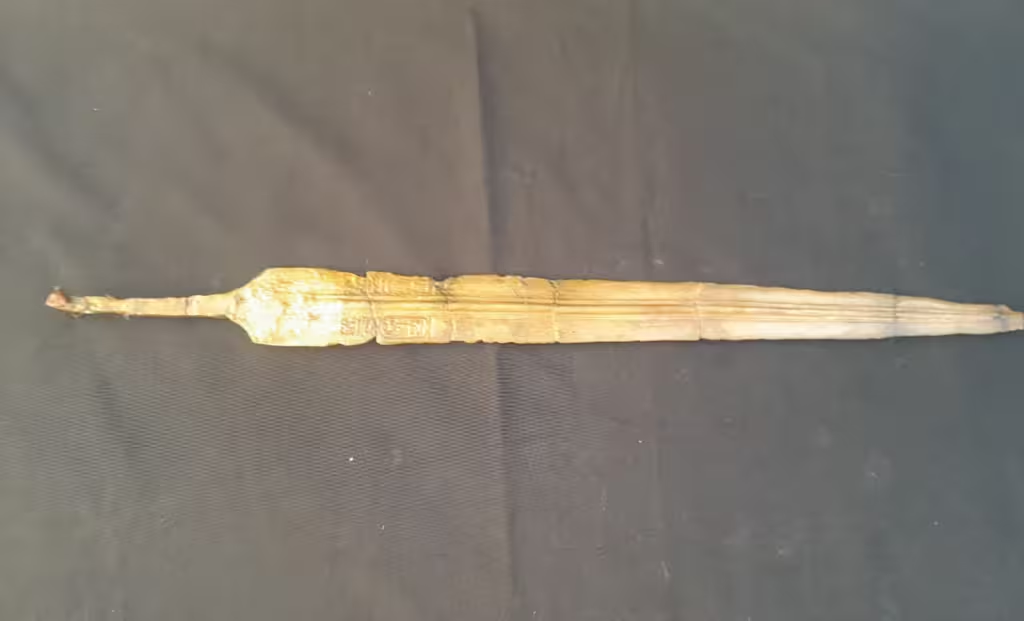
The Washington Post shared this, courtesy of the Egyptian Ministry of Tourism and Antiquities.
Would someone please give me a pile of money — that pile that Walter White gave to the Schwartzes should be enough — so I can support my family, but spend the rest of my life studying?
The thing is, I am so abysmally ignorant. I’m not talking about neo-Boolean math, or how to perform a bypass on a beating heart. I’m happy to leave those things to people who have devoted their lives to those areas. (And yes, I know someone right here in Columbia who can perform a bypass with the heart still beating. It leaves me in awe.) I’m thinking right now of something that has fascinated me, and drawn my energy and attention, for my whole life — history.
I’ve mentioned this a number of times, usually with regard to recent history. I constantly find that there are big, important things I don’t know about periods I’ve really concentrated on at various points — the early days of this young republic of ours, or even the Second World War.
But there are entire periods of history — things that had as much, or nearly as much, impact on the world as, say, the centuries of disorder in Europe after the collapse of Rome — about which I know nothing. Not just very little, but nothing.
And I’m not talking about ancient China, or anything that we westerners normally neglect. I’m talking about things that are fairly essential to understanding how Western civilization came about.
I’ve come to realize this more as my attention has drifted away from the headlines of the moment, and more to the overall sweep of human history. For instance, the lede story today in The Washington Post was about what polls say about the presidential election. Well, I didn’t read that. Y’all know how sick and tired I am of “journalists” trying vainly to predict the future — in great detail. They should devote their extremely limited resources to reporting and increasing understanding of what is happening and has happened, and if they are opinion writers, stick to trying to express what should happen, not what they think will happen…
But I don’t want to get off on that tangent. I want to talk about the story that did interest me — the one about that sword you see above. It’s pretty fascinating. An excerpt:


Crash courses are what youtube is for:
Yeah, I’ve learned a few things from that source, too.
One of my faves for that is Irving Finkel. If you could guarantee me profs like him, I’d definitely want to go back and be a permanent student…
“Nope. I had no idea the Greeks — the West’s ultimate trendsetters — just couldn’t wait for the rest of Europe, and went ahead and had their own Dark Ages about 1,700 years earlier.”
I’m afraid the Medieval “Dark Ages” have gone the way of the Greek Dark Ages. Historians now believe that the end of the Roman Empire in the West (remember, it continued in the East) did not lead to the total collapse that is the popular concept of the Dark Ages. A good book of this topic is *The Bright Ages* by Matthew Gabriele & David M. Perry; here’s a link to the Kirkus review: https://www.kirkusreviews.com/book-reviews/matthew-gabriele/the-bright-ages/
Yes, I’m familiar with those arguments. And truly, I’ve always thought the Medieval period — or periods — got a bum rap. I think we who speak English have been influenced by Arthurian legend. Britain was in turmoil until our boy pulled out that sword, and knitted Albion together, and so forth…
Fathomless.
https://youtu.be/QbKM2Jb9eZg?si=vAV1BnNngQuZ9-b3